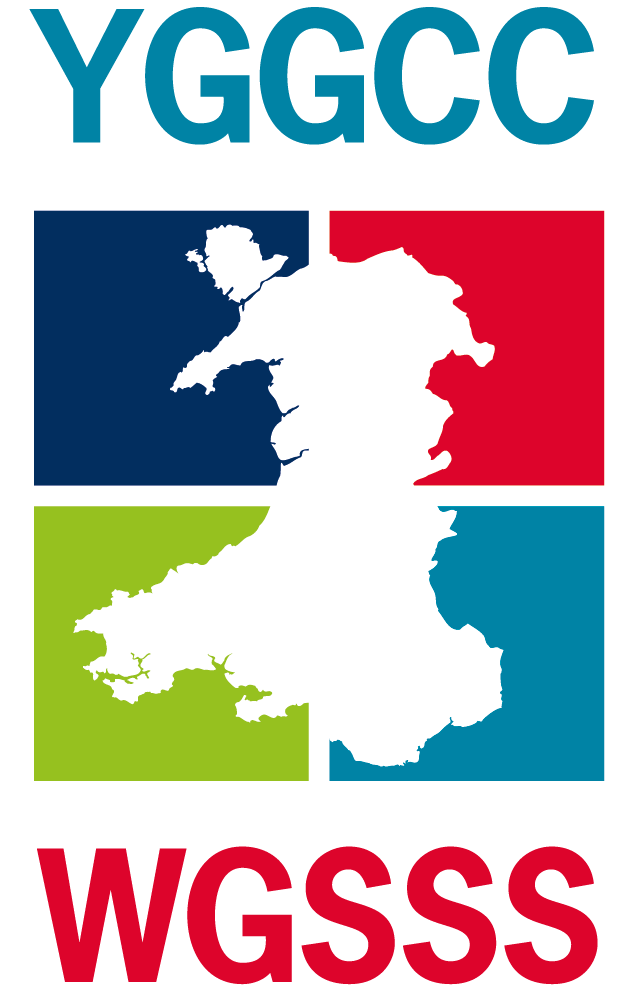Understanding the impacts of angler heterogeneity in the implementation of fisheries policy in the UK

Dr Adam Fisher
Pathway: Environmental Planning
Department: Countryside and Community Research Institute
University: University of Gloucestershire
Mentor: Prof Julie Urquhart
Project Summary
Recreational sea angling is an incredibly popular activity in the UK with the around 758,000 adults taking part annually. Alongside the associated wellbeing benefits, fish are a critical food source: in the last six decades human consumption has more than doubled. Worryingly, the catch of biologically sustainable fish stocks has decreased while the biologically unsustainable proportion has risen sharply. The solution to slowing these trends is multifaceted, but it is widely accepted that ensuring the sustainability of global fish stocks is dependent on the effective interplay between policy, individual behaviours, and the features of the marine environment itself. Management strategies spanning these factors are key in ensuring human needs are met while fish stocks remain sustainable. While the commercial fishing sector has gained much attention in this respect, recreational fishing is also now recognised as critically important in the sustainability of marine resources as research has started to reveal its potential high impact on fish stocks. In response, environmental policies in several countries worldwide have given more weight to marine recreational fishing, although many still argue that the seas/oceans are still not being effectively managed.
This became particularly relevant to the UK with the introduction of the Fisheries Act 2020 following Brexit. For the first time, the UK government explicitly embedded recreational sea angling in the fisheries policy framework in response to a growing need to take a more holistic approach to the sustainable management of marine resources surrounding the isles. However, at that point little was known about the recreational sea angling community in the UK to support this new integration and research had shown that management strategies are improved when catering for diverse needs and expectations of stakeholders. Understanding heterogeneity (differences) among recreational sea anglers was and is therefore vital for effectively managing marine-based UK fisheries. My doctoral research presented the first typology (model of different types) of recreational sea anglers in England and Wales to inform future fisheries policy in the UK. Heterogeneity across anglers taking part in the study was best described by a typology consisting of four types: consumers; trophy anglers, leisure-identity anglers; and social anglers. Several data-driven and related conclusions were made: firstly, angler types reflect those generated by other studies on mixed/freshwater fisheries outside the UK; secondly, attitudes varied across the sample more than behaviours, specifically views on the importance on angling in life and the environment, and; thirdly, specialisation did not feature as appropriate theory to describe diversity in the sample. A refined data collection tool based on angler self-allocation was also designed as part of the research with the aim of inclusion in future catch reporting studies; this will improve the accuracy of catch data based on studies using samples that may be disproportionate regarding the inclusion of different angler types. The research also demonstrated variation in the likely responses to different policy objectives based on angler type, highlighting that blanket style policies are likely to be less effective when aimed at a diverse end user group.
There are four aims of the fellowship: 1) to use the data gathered in my doctoral research to produce a series of related journal publications; 2) to invest in new research that continues to understand the impact of angler type, specifically in the context of compliance to sea bass regulation in the UK; 3) to collaborate with DEFRA in order to further embed the research findings in current and future fisheries policy; 4) use the consolidated outputs of the fellowship to kick-start an academic career in research and teaching including a RCUK/EU research bid focusing on standardising measures of angler heterogeneity in policy.
Goals for the Fellowship
Objective 1: Papers – a series of four journal articles will be written and presented at relevant conferences.
Objective 2: Research with policy makers – output and new research will be informed through engagement with Defra. A series of workshops will be delivered aimed at practitioners in the policy arena, titled: 1) understanding the impact of angler heterogeneity in developing policy; 2) measuring angler heterogeneity for application in policy; 3) norms and nudges in sea bass management.
Objective 3: Compliance research – New research will take place exploring drivers of non-compliance and normative methods of regulation in angling policy/management.
Objective 4: A European recreational angling research group – a globally local working group will be convened to identify, record, discuss and present recreational angling research taking place in respective countries. This will foster collaboration and comparison of national data to effect learning for successful policy outcomes in the management of ocean-based environments.
Advice for future applicants
Embed impact throughout all aspects of the planned program of research and outputs.
